Инсталирайте Steam
вход
|
език
Опростен китайски (简体中文)
Традиционен китайски (繁體中文)
Японски (日本語)
Корейски (한국어)
Тайландски (ไทย)
Чешки (Čeština)
Датски (Dansk)
Немски (Deutsch)
Английски (English)
Испански — Испания (Español — España)
Испански — Латинска Америка (Español — Latinoamérica)
Гръцки (Ελληνικά)
Френски (Français)
Италиански (Italiano)
Индонезийски (Bahasa Indonesia)
Унгарски (Magyar)
Холандски (Nederlands)
Норвежки (Norsk)
Полски (Polski)
Португалски (Português)
Бразилски португалски (Português — Brasil)
Румънски (Română)
Руски (Русский)
Финландски (Suomi)
Шведски (Svenska)
Турски (Türkçe)
Виетнамски (Tiếng Việt)
Украински (Українська)
Докладване на проблем с превода


 United Kingdom (Great Britain)
United Kingdom (Great Britain) 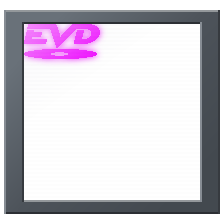








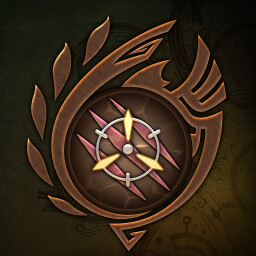
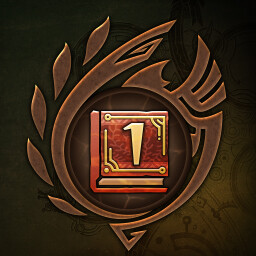
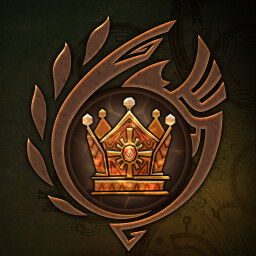
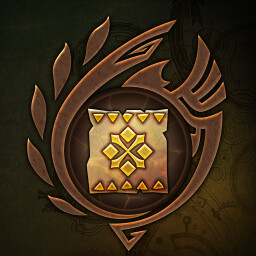
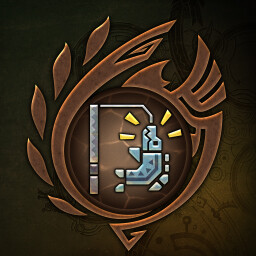

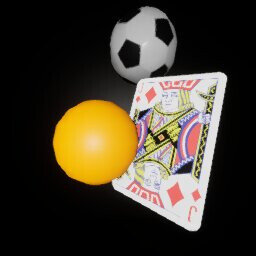





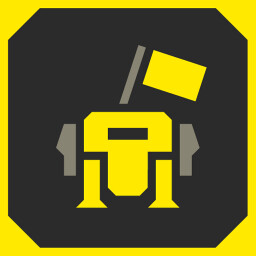



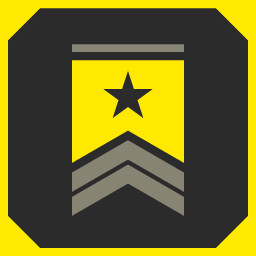
In cases where you’re speaking to someone of higher status, you should never refer to them with the Korean word for “you,” and you should never use their name. Instead, you’ll want to use an honorific with them. Oppa is one of these potential honorifics.
The most important thing to be aware of is who is higher than you in status. If you’re the big dog, you can get away with more, so it’s not quite as important to worry about those lower in status than you.
One thing to keep in mind when thinking about the meaning and usage of oppa, is that hierarchies are exceptionally important in Korea. You see, Korea was heavily influenced by Chinese Confucianism.
In fact, they were so enamored with the idea that it’s widely thought that Koreans are even more Confucian than the very progenitors, the Chinese themselves.